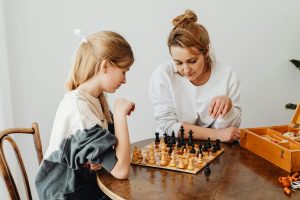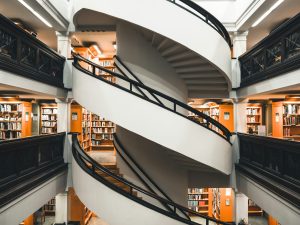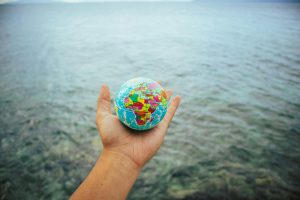Redefining inclusive curriculum through lifelong learning
The traditional understanding of an inclusive curriculum is one that is designed to cater to the diverse needs and abilities of all learners. However, with the constantly evolving nature of the education landscape, the definition of an inclusive curriculum has also expanded. In recent times, the focus has shifted towards lifelong learning and how it can be integrated into the curriculum to truly redefine inclusivity. In this article, we will explore the concept of lifelong learning in the context of an inclusive curriculum and how it can revolutionize the way we approach education.
Redefining Inclusive Curriculum
The concept of inclusivity in education is rooted in the belief that every learner, regardless of their background, abilities or learning styles, should have access to an education that caters to their unique needs. The traditional approach to inclusive education focused primarily on students with disabilities, but with the changing times, the scope has widened to include learners from diverse backgrounds.
However, the definition of inclusive education has not stopped evolving. In recent years, the concept has been expanded to include lifelong learning, which goes beyond the traditional notions of schooling and lifelong development.
The Significance of Lifelong Learning
Lifelong learning refers to the process of continuous learning that takes place throughout an individual’s life, transcending formal education structures. It is a holistic approach to learning that focuses on personal, professional and social development. In today’s fast-paced world, where knowledge and skills are constantly evolving, the importance of lifelong learning cannot be overstated. It has become a necessary tool for individuals to adapt, grow and succeed in a rapidly changing world.
Integrating Lifelong Learning into the Curriculum
The traditional education system is designed to impart knowledge and skills within a specific timeframe and often has a predetermined curriculum. However, by integrating the concept of lifelong learning, the education system can promote flexibility in learning and provide individuals with the opportunity to continuously develop and enhance their skills.
In an inclusive curriculum, lifelong learning can be integrated in several ways:
1. Personalized Learning Plans
Personalized learning plans allow learners to set goals based on their individual strengths, needs, and interests. It encourages students to take ownership of their learning and helps them develop crucial skills such as self-awareness and goal-setting. This approach enables inclusivity by ensuring that the curriculum is tailored to meet the unique needs of each learner.
2. Experiential Learning
Experiential learning involves learning through hands-on experiences, which can help individuals develop practical skills that are applicable in real-life situations. It promotes active learning and allows learners to apply knowledge in diverse contexts. This approach is essential in fostering inclusivity as it recognizes that individuals learn best in different ways, and through various experiences.
3. Community-Based Learning
Community-based learning involves engaging with the community to gain knowledge and skills. It encourages learners to broaden their perspectives and be exposed to diverse cultures, ideas, and experiences. This approach promotes inclusivity by fostering an understanding and appreciation for diversity and promoting social responsibility.
The Benefits of an Inclusive Curriculum through Lifelong Learning
There are several benefits to incorporating lifelong learning into an inclusive curriculum:
1. Personal Development
Lifelong learning promotes the development of crucial personal skills such as critical thinking, problem-solving, and self-awareness. These skills are essential for personal growth and success.
2. Socio-Cultural Awareness
An inclusive curriculum encourages learners to engage with diverse cultures, beliefs, and backgrounds, fostering an understanding and appreciation for diversity. It promotes socio-cultural awareness and prepares individuals to thrive in a globalized world.
3. Continuous Skill Development
Lifelong learning encourages individuals to continuously develop and enhance their skills, enabling them to adapt to the changing job market and stay relevant in their careers.
In Conclusion
An inclusive curriculum that incorporates lifelong learning is crucial for promoting an education system that caters to the diverse needs of individuals. By redefining inclusivity in education, we can create a learning environment that fosters personal, social, and professional development through continuous learning. As educators, it is our responsibility to facilitate a curriculum that is truly inclusive and provides individuals with the necessary tools to thrive in an ever-changing world.










